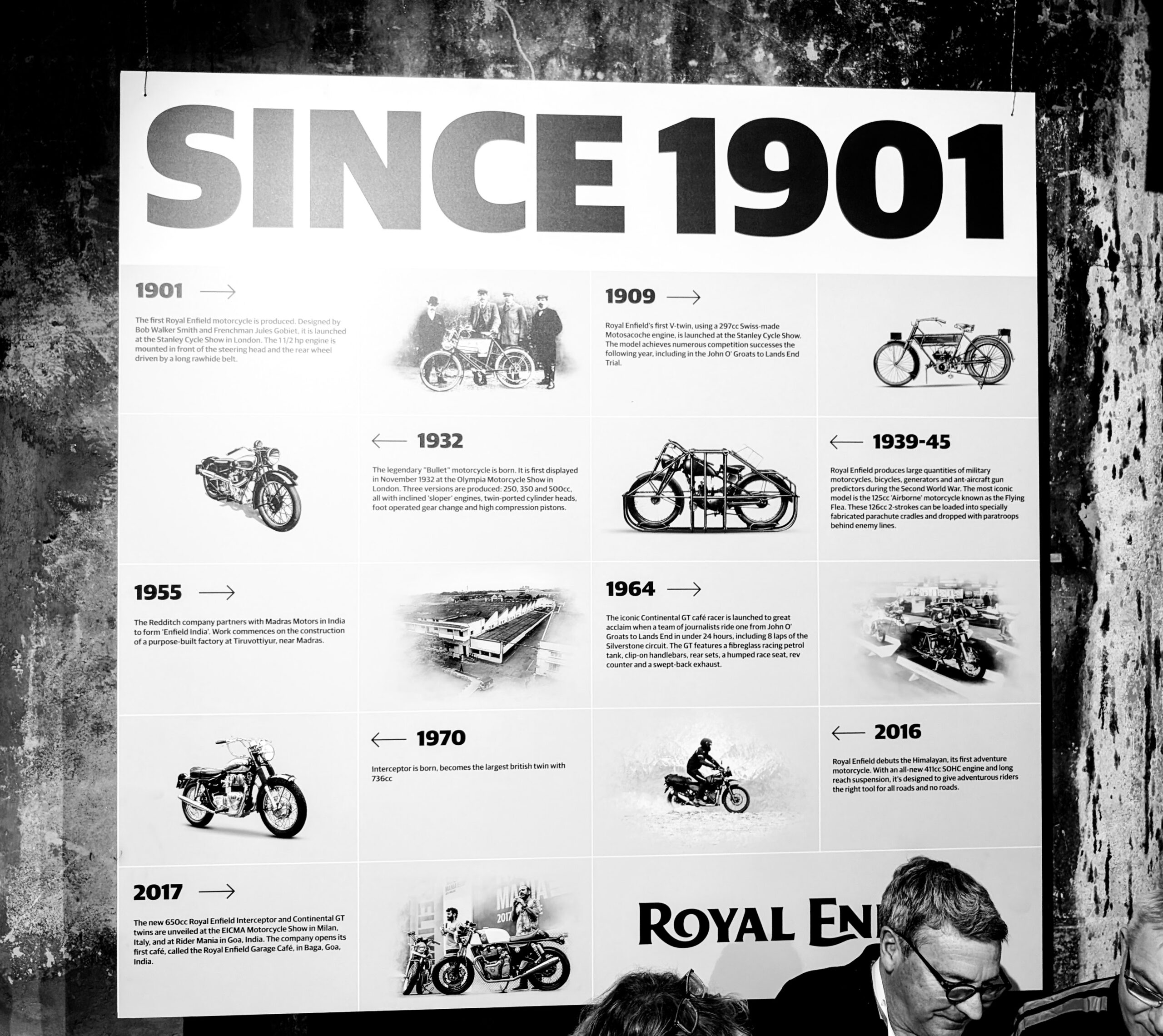Sign up for daily news updates from CleanTechnica on email. Or follow us on Google News!
E-bike batteries have a nasty habit of catching fire and killing people as they sleep. Not surprisingly, this makes some people nervous about owning an e-bike, which is a bad thing if you are an advocate for more battery-operated transportation choices, which we here at CleanTechnica definitely are.
The problem seems to be most acute in New York City, where people in the gig economy rely on e-bikes and other battery-powered devices to make a living. Often, they are used by more than one person, which means they are in almost constant use and are being charged far more often than normal.
An e-bike often has only a rudimentary battery management system (if it has any at all). A proper BMS keeps track of the state of health of the battery cells in a battery pack. It monitors internal temperatures and shuts down charging if a potential fault is detected.
Much of the work a BMS should do is handled by the charger that comes with an e-bike. Each is designed to work with the battery pack it came with by supplying the correct voltage and amperage needed to recharge the battery. If the wrong charger is plugged in, bad things can happen. If there are multiple people sharing the same living quarters and all of them have e-bikes from different manufacturers, the chances of using the wrong charger increases substantially.
Local Law 39 Targets E-Bike Fires
New York City is attempting to address the e-bike fire situation. Earlier this year, its city council passed Local Law 39, which makes it illegal for anyone to sell battery-powered mobility devices or their batteries to New York City residents that don’t meet certain safety standards.
The new law is quite simple. It states, “This bill would prohibit the sale, lease, or rental of powered mobility devices, such as e-bikes and electric scooters, and storage batteries for these devices, that fail to meet recognized safety standards. The first violation of this law would be met with a warning, but subsequent violations would carry civil penalties of up to $1,000 per violating device.”
But what are “recognized safety standards?” According to Streetsblog, that language means only battery-powered mobility devices and batteries that are approved by Underwriters Laboratory (UL) are considered to be in compliance with the New York City requirement. (Also see our extensive podcast above about this.)
But there is a problem. Amazon, Walmart, and eBay have been ignoring the new law and selling non-compliant e-bikes and replacement batteries online. Now StreetBlog says Amazon is partially complying by not selling unapproved batteries any more. Walmart and eBay have simply ignored Local Law 39 so far. All three companies continue offering both illegal e-bikes and mopeds for as little as $500 as well as uncertified batteries for as little as $219 to residents of New York’s five boroughs.
An E-Bike Cease & Desist Letter
Amazon’s decision to stop selling e-bike batteries that lack UL certification apparently came about after the NYC Department of Consumer and Worker Protection sent a cease and desist letter to the company in October. The mammoth online marketing company certainly knows how to not sell banned items to New Yorkers. It will not deliver items such as toy guns or bear repellent spray to any ZIP code within the city limits. Why it is still selling uncertified e-bikes and mopeds is unclear.
Walmart and eBay continue to sell those items as well as replacement batteries that are not UL certified. It is unknown if those companies have also received cease and desist letters. Since Local Law 39 went into effect, inspectors from the Consumer and Worker Protection office have been making regular visits to bike shops in the city to identify unsafe products for sale on the premises.
Meet PopWheels
The letter to Amazon was prompted by Baruch Herzfeld, the founder of PopWheels, a battery swapping service for delivery riders that bills itself as “a diverse group of entrepreneurs, hustlers, nerds, bike people, and more. What we share is a love of delivery workers and immigrants and a passion for e-bikes.” It says using its battery swapping services can save delivery riders money and help keep them safe.
- Save Money — Delivery workers save $500/year or more with PopWheels, with no upfront costs, maintenance fees, or costly batteries and charging equipment.
- Earn More — Never end a shift early because your battery is nearly out of juice. With PopWheels, your next full battery is always around the corner.
- Ride Safely — With PopWheels, you can have peace of mind. Our batteries are certified and maintained in-house to ensure no danger of fire or other risks.
Herzfeld initially spotted the illicit items for sale by Amazon and alerted Streetsblog. “We congratulate Amazon on its decision to partially comply with parts of Local Law 39, and we think this is a significant step forward in fire safety in New York City,” he said, adding that a bigger part of the solution to the crisis of deadly fires sparked by the shoddy power packs would be ensuring that the delivery workers have access to safe storage and charging.
A bill introduced earlier this year to create a citywide “buy back” program that would allow delivery workers to exchange faulty or second-hand lithium-ion batteries for safe, certified batteries passed the City Council in September but has yet to be implemented. A plan to open e-bike charging stations at select locations in the city is also facing pushback.
New York City Housing Authority complexes are expected to start getting e-bike chargers by the end of this year, Adams announced this past summer. “However, until delivery workers do not have to maintain or charge their own batteries, NYC’s fire crisis will not go away,” said Herzfeld.
The Takeaway
E-bike batteries are a disaster waiting to happen. In theory, no one would buy an uncertified e-bike, moped, or replacement battery any more than they would buy a car that failed to meet crash testing standards.
There are no accurate numbers on e-bike imports, but the Light Electric Vehicle Association estimates about 880,000 of them were imported to the U.S. in 2021 — double the number imported in 2020, and three times the total from 2019. There are estimated to be more than 500,000 hoverboards whizzing around in America. More devices means more fires, experts say, especially since the industry is relatively new and unregulated, and there are a lot of different companies and products on the market.
The good news is that responsible companies like Rad Power are starting to only sell products that meet UL standards. But there are too many others who are selling substandard products powered by second-rate batteries. It seems safe to assume those batteries come from second- or third-tier manufacturers whose products aren’t good enough for use in automobiles or energy storage systems.
The best way to make the problem go away is not by government regulation but by educated consumers who refuse to buy substandard products just to save a few bucks. To paraphrase Nancy Reagan, just say no to an e-bike or battery that does not come from a reputable manufacturer and does not have the UL seal of approval. It’s that simple.
Have a tip for CleanTechnica? Want to advertise? Want to suggest a guest for our CleanTech Talk podcast? Contact us here.
EV Obsession Daily!
I don’t like paywalls. You don’t like paywalls. Who likes paywalls? Here at CleanTechnica, we implemented a limited paywall for a while, but it always felt wrong — and it was always tough to decide what we should put behind there. In theory, your most exclusive and best content goes behind a paywall. But then fewer people read it!! So, we’ve decided to completely nix paywalls here at CleanTechnica. But…
Thank you!
Community Solar Benefits & Growth
CleanTechnica uses affiliate links. See our policy here.




